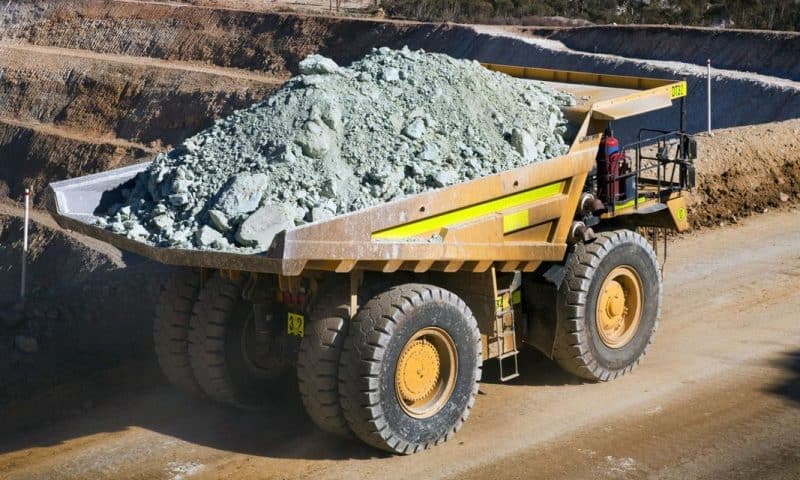SYDNEY — An uncontrollable rise in nickel prices that triggered a crisis on the London Metal Exchange is now jolting one company’s takeover plans on the other side of the world.
IGO Ltd., an Australian base metals producer, had planned to buy nickel miner Western Areas Ltd. for around $802 million after terms for the transaction were agreed in mid-December. All appeared to be progressing smoothly as Western Areas directors had recommended that its shareholders vote in favor at an upcoming meeting.
On Monday, however, IGO said the deal would likely be delayed as Western Areas and its advisers are assessing whether the rally by nickel prices is a short-term blip in the market or indicative of a more deep-rooted shift.
“In response to the recent significant nickel price volatility (which led to the temporary suspension of nickel trading on the London Metal Exchange on March 8), Western Areas and the Independent Expert are continuing to consider the implications, if any, on nickel market fundamentals and expectations for medium to long-term nickel prices,” IGO said.
IGO, which has a market value of around $7 billion, said it believed this would lead to a “relatively short delay” to the deal completing. Western Areas, which didn’t repeat that language, said the conclusions of its independent expert, KPMG, would likely be sent to shareholders of the mining company next month.
IGO and Western Areas said they anticipate the deal completing in either May or June. The companies had previously expected it to complete in April.
Nickel prices usually move a couple of percent a day. They surged 66% on March 7 and then on the following day, the price briefly doubled. That led the London Metal Exchange to halt trading and cancel eight hours’ worth of transactions on March 8.
Nickel, a cog in the world economy for its use in stainless steel and electric-vehicle batteries, hasn’t traded since.
Nickel prices began to rise after Russia, a major producer of the metal, invaded Ukraine, a high-profile example of how the war, and punishing Western sanctions, have upended the world’s commodity markets, sending prices for metals and energy to their highest levels in years.
IGO said it “acknowledges the recent short-term volatility in the LME nickel market and price, which is primarily attributed to the Russian invasion of Ukraine, which in turn has reportedly created the need for a large industry participant to manage a nickel short position on the LME.”
That entity is Chinese nickel titan Tsingshan Holding Group, which faces billions of dollars in trading losses, people familiar with the company said last week.
Producers such as Tsingshan often sell forward contracts as a way to lock in prices on the physical nickel they mine and refine. In effect, they hold positions that benefit when prices fall, and lose money when prices rise.
IGO said it currently has no intention to raise its offer of 3.36 Australian dollars for each Western Areas share, equivalent to $2.45, in response to the crisis in the nickel market. The company said its long-term view of the nickel market and price hasn’t changed.

